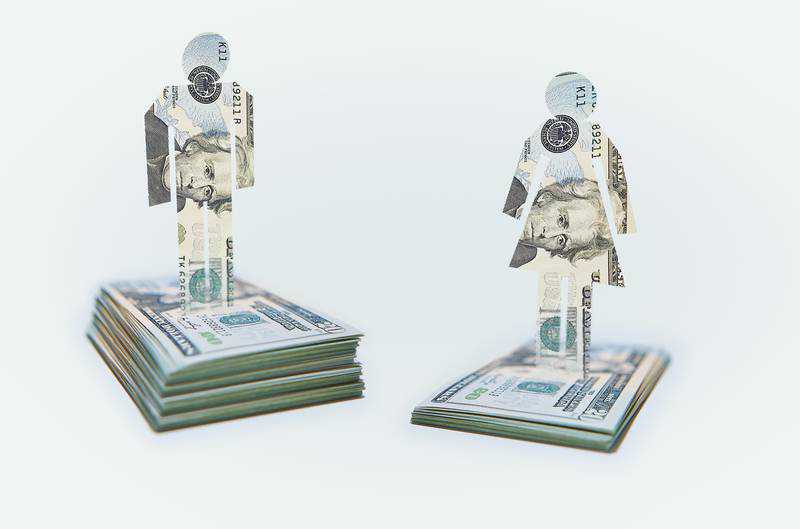World Bank says 2.4 billion women globally lack the same economic rights as men

About 2.4 billion women of working age are not afforded the same equal economic opportunities as men, even as they struggle to deal with the impact of the Covid-19 pandemic that has set back their economic empowerment, according to a new report from the World Bank.
In 86 countries, women face some form of job restriction and 95 countries do not guarantee equal pay for equal work, according to the Women, Business and the Law 2022 report, which surveyed more than 2,300 lawyers, judges, academics, civil society representatives and public officials from 190 countries.
About 178 countries maintain legal barriers that prevent women’s full economic participation and they have only three quarters of the legal rights afforded to men, according to the Washington-based lender. Just 12 countries, all part of the Organisation for Economic Co-operation and Development, have achieved legal gender parity.
“While progress has been made, the gap between men’s and women’s expected lifetime earnings globally is $172 trillion — nearly two times the world’s annual gross domestic product,” said Mari Pangestu, World Bank's managing director of development policy and partnerships.
“As we move forward to achieve green, resilient and inclusive development, governments need to accelerate the pace of legal reforms so that women can realise their full potential and benefit fully and equally.”
Women will have to wait almost a century for the same economic, political, health and educational opportunities as men, taking more than a lifetime to achieve equality, according to a 2019 World Economic Forum report. In terms of the “economic opportunity gap”, it will take women 257 years to achieve parity with the other gender, the report found, even longer than the 202 years predicted by the WEF in 2018.
Women’s jobs are 1.8 times more vulnerable amid the coronavirus crisis than men’s jobs globally, at 5.7 per cent versus 3.1 per cent, respectively, according to a McKinsey survey. Although women represent 39 per cent of global employment, they account for 54 per cent of overall job losses during the pandemic.
In its report, the World Bank measured laws and regulations across eight areas that continue to affect women’s economic opportunities in 190 countries. These include mobility, workplace, pay, marriage, parenthood, entrepreneurship, assets and pension.
The Middle East and North Africa and Sub-Saharan Africa regions showed the largest improvements in the WBL Index in 2021, although they continue to lag behind other parts of the world overall, the report revealed. Gabon made the most comprehensive reforms to its civil code and enacted a law on the elimination of violence against women, the World Bank said.
Globally, the highest number of reforms were made in the parenthood, pay and workplace indicators, the report said. Many reforms focused on protection against sexual harassment in the workplace, prohibiting gender discrimination, increasing paid leave for new parents and removing job restrictions for women.
“Women cannot achieve equality in the workplace if they are on an unequal footing at home,” said Carmen Reinhart, senior vice president and chief economist of the World Bank Group. “That means levelling the playing field and ensuring that having children doesn’t mean women are excluded from full participation in the economy and realising their hopes and ambitions.”
The gains in the parenthood indicator have largely been around paternity leave and shared parental leave, but the low score of 55.6 out of 100 highlights the need to accelerate reforms in this area, the World Bank added.
Tags :
Previous Story
- Poor countries face $35bn in payments this year...
- Lebanon needs up to $15bn to boost its...
- World Bank to donate $80m to boost Palestinian...
- World Bank helps Bangladesh create more jobs and...
- FTA can boost Bangladesh's exports to India by...
- World Bank approves $40m to greatly help Bangladesh...
- Bangladesh to receive $500mn from World Bank to...
- World Lender prediction on Bangladesh market inconsistent: Finance...